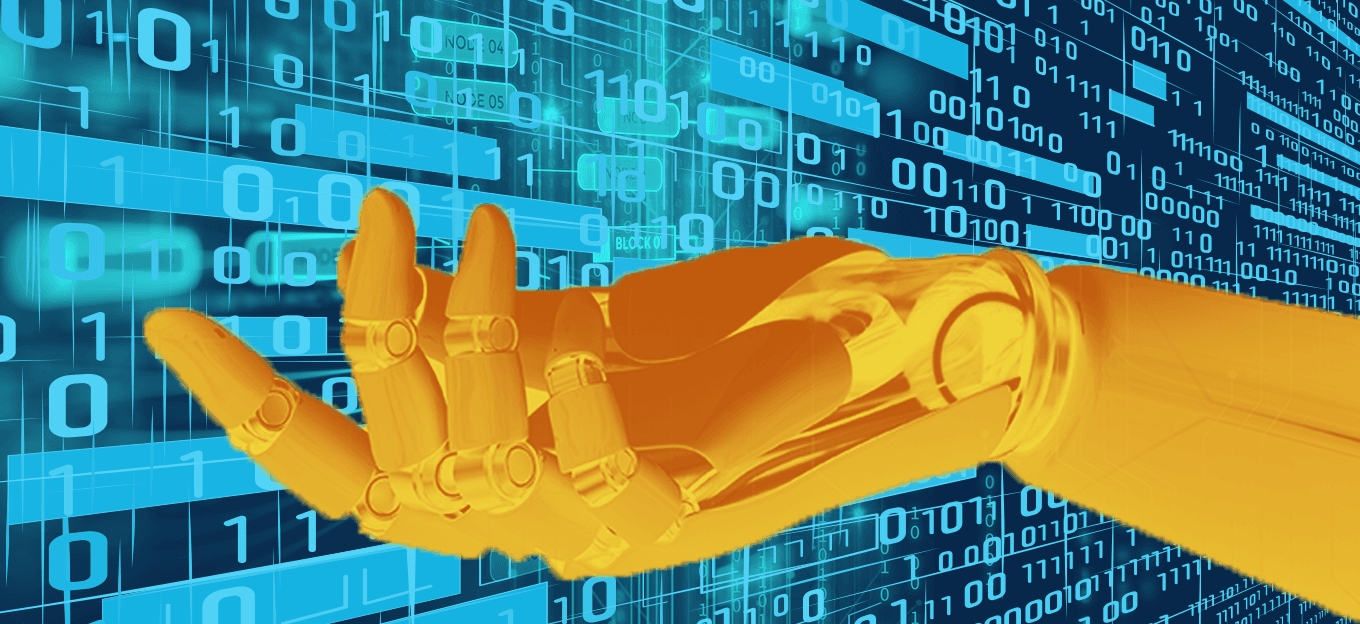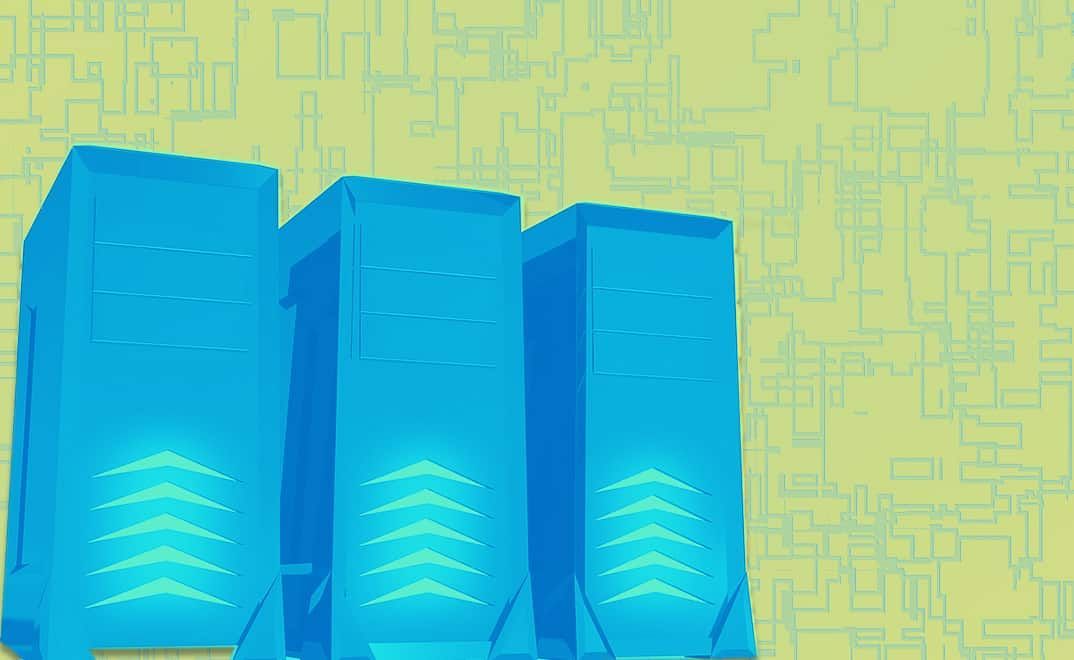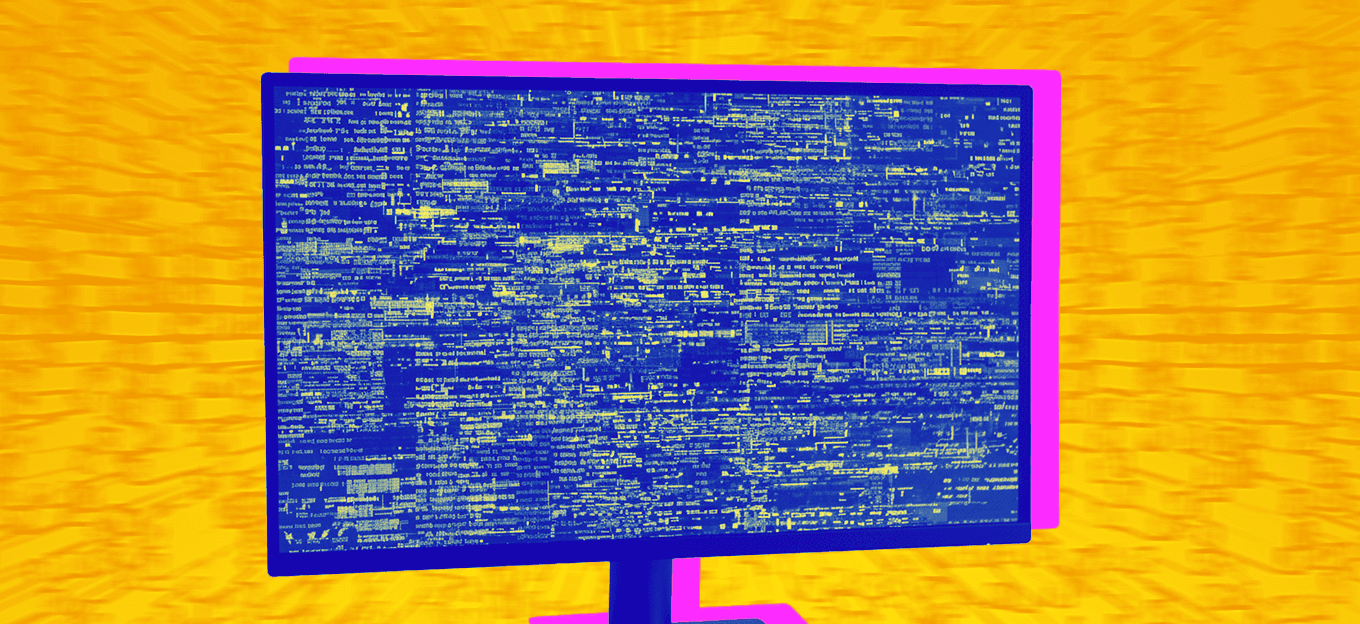Protecting Civil Liberties with Blockchain & IoT
Protecting Civil Liberties with Blockchain & IoT
- Last Updated: December 2, 2024
IoTeX
- Last Updated: December 2, 2024



Humans love tools. They enable us to do what we have to do and what we like to do. From the chisel to virtual assistants, we have created our tools with the same objective: improving our lives.
Internet of Things (IoT) emerged from this mindset: a global network consisting of billions of physical "things" embedded with sensors and connected via the Internet. This ecosystem is replete with these new kinds of tools and is poised to impact our lives significantly. It can advance everything from health and security to convenience and comfort. In fact, by 2030, smart devices are expected to outnumber humans 10:1. There is obvious value in harnessing these tools to our advantage.
When IoT is coupled with blockchain, it retains its benefits without eliminating the right to own your data.
There is, however, a risk. These devices are not perfect. We are quick to welcome them into our homes, even on our bodies, but we do not always consider our privacy and security implications.
Data Value
Our data is precious. Big Tech profits immensely from commodifying and analyzing the data we create online. With the proliferation of smart devices, these companies now have access to our physical data. They can see us with their cameras, hear us with their speakers, and sense us with their fitness trackers. To make matters worse, recent large-scale hacks should make our hair stand up at the idea of holding sensitive information with a singular third party.
IoT can be a handy place for new tools, but we have to use it correctly. Fortunately, when IoT is coupled with another influential technology, it retains its benefits without eliminating the right to own your data. Blockchain can ensure smart devices serve us instead of encroaching on our most private selves.
There are clear use-cases at the intersection of blockchain and IoT that can dramatically impact how we interact with technology. In fact, the IoT space has already begun adapting to the high demand for privacy. New smart devices will pave the way towards an IoT we can trust – a decentralized network in which our data is not vulnerable to security breaches and lies completely under our control.
Revolutionizing Industries
The areas this can revolutionize are numerous. Consider, for example, the state of our Internet-connected security cameras. We want our homes to be safe, so we put up security cameras to watch and control from other devices. These cameras are supposed to secure our homes. Still, in reality, they are also vantage points into our personal lives, either for malicious actors or the companies which control the devices.
The Ring hacks of 2019 – when hackers breached Ring security cameras, observed victims, and, in one instance, played pornographic sounds into a young girl’s room – revealed the dangers of relying on centralized systems for devices in our homes. Similarly, Amazon’s 900+ partnerships with police agencies – giving the police free access to Ring footage – add a level of invasiveness that we do not want from home security.
Blockchain can help solve these problems. As products like Ucam have shown, blockchain enables our smart cameras to do what they are supposed to do – observe and record – without opening up the user to the possibility of hacks or being watched by a third party. By giving users secure blockchain identities and decentralized encryption keys, these new types of smart cameras are far more secure than the alternatives, all while granting the user full control over their own data. By prioritizing privacy from their design stage, these devices can better achieve their intended purpose.
This principle does not only apply to the things we keep in our homes. Now, more than ever, we see the importance of proper health data. The COVID-19 pandemic showed us how accurately tracking and collecting health data can save lives. With the expansion of wearable smart devices, we can listen to our bodies in ways not possible before. These devices extract precious data from us, including our heart rates, temperatures, and sleep patterns, that can be used to construct detailed images of individuals and populations.
Data Handling
There certainly are benefits to collecting this kind of data, but the data must be handled carefully, like with all things IoT. We do not want people hacking troves of susceptible health information, and we certainly do not want companies profiting from the commodification of our health. We want the good without the bad. We want to study health data for public safety, but we do not want to jeopardize anyone’s private information.
Blockchain, again, is the best solution we have. By holding our health data in decentralized networks, we secure the data from outside threats and guarantee everyone’s anonymity. Some companies, like HealthBlocks, are going a step further and introducing economic incentives to exchange and store health data. In these systems, users and service providers can exchange cryptocurrency tokens in exchange for health data. Not only is the user safe, but they become active participants in handling their data, receiving fair compensation for the data they generate. This combination of security and economic incentive is only possible through blockchain.
IoT is revolutionary, and it is poised to transform countless industries. It can benefit humanity greatly, but it can also encroach on our personal liberties and our feeling of security. The choice is ours. If we want IoT to only serve us instead of benefitting Big Tech or hackers with data, we must look for new approaches. Blockchain is our best option. It is now up to us to get creative in connecting these two worlds. When we do, everyone will benefit.
The Most Comprehensive IoT Newsletter for Enterprises
Showcasing the highest-quality content, resources, news, and insights from the world of the Internet of Things. Subscribe to remain informed and up-to-date.
New Podcast Episode

IoT in 2026: Trends and Predictions
Related Articles


